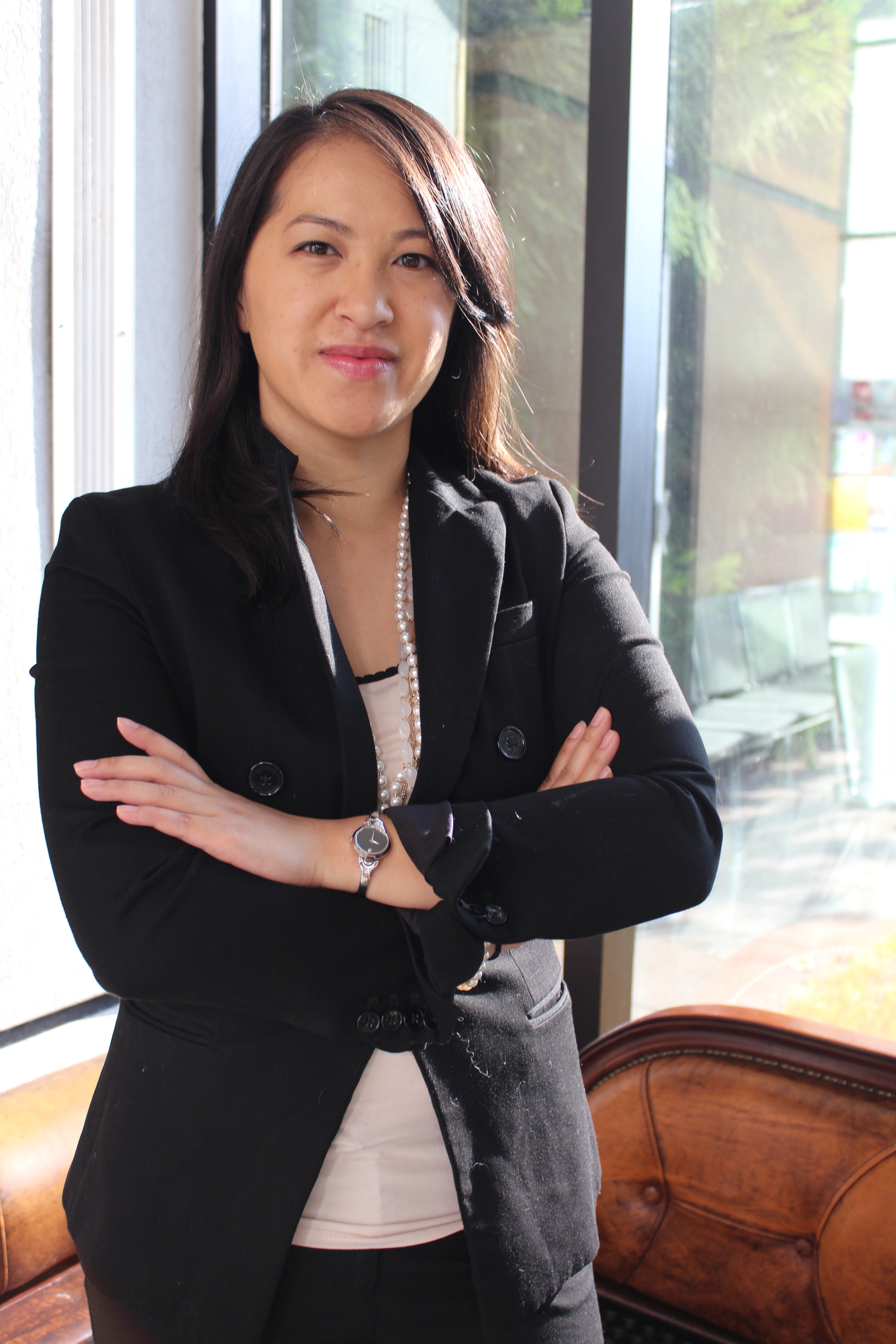
Noriel Lim, Ph.D.
Emory University
Care for Your Mind asked Dr. Lim for his insights on cultural competence, why it matters, and how to practice it.
Care for Your Mind (CFYM): How do you counsel patients who have internalized the social stigma of mental health from their culture?
Noriel Lim, Ph.D.: I try to empathize with my patients and understand where they are coming from. I talk to them about how their upbringing, family context, and cultural background could help explain why they may have a particular view about seeking help. I communicate to my patients that my job as a psychologist is to help them find ways (skills) to effectively cope with stressful situations or negative social interactions that may be causing significant distress. Many times, at the beginning of treatment, when trust and rapport are still being developed, it helps patients to know that what we talk about in therapy is confidential.
CFYM: How can families overcome their own prejudices about having a mental health diagnosis?
Dr. Lim: Education is very important. It may help the families if psychologists re-frame what psychotherapy or counseling is for and what diagnoses are for (i.e., to help providers know how to best help the patient in treatment). It can be worrisome for families to receive a mental health diagnosis, so it is important for treatment providers to help them understand what a particular diagnosis means and to instill hope that therapy can help improve the situation or address the problem. Spending more time on how therapy can help improve quality of life rather than on discussing the diagnosis can help to decrease their anxieties about mental health care.
CFYM: How does culturally-competent care benefit a patient?
Dr. Lim: Given that it is already difficult for some families to initiate therapy and that dropout rates can be very high for some groups, it helps to have a therapist who understands how to approach individuals from different cultures. If the care is being provided by someone who does not have much training in providing culturally-competent treatment, the risk for drop out is high. Culturally-competent care increases the likelihood that patients from diverse cultural backgrounds keep coming to treatment and remain engaged in therapy. Culturally-competent providers are able to build rapport and increase the patient’s trust.
CFYM: In what ways do you approach therapy differently depending on the cultural or ethnic background of your clients?
Dr. Lim: I try to educate myself as much as possible about the cultural backgrounds of my patients. I ensure that I know some general information about their backgrounds and, at the same time, I don’t assume that my patients are going to fit the norm for that culture. Dr. Stanley Sue calls this dynamic sizing. Cultural humility is important, so I communicate to my patients that although I have some background knowledge about their culture, they are still the expert in their experience; I ask them to help me understand their experiences from their own perspective. At times, I also consult with colleagues who may have expertise in a particular cultural group.
CFYM: What from your own background and experience informs your ability and practice of providing culturally-competent care?
Dr. Lim: I use my own experience as an ethnic minority and immigrant psychologist to help inform my approach to treatment. Both through my own research and in my clinical training, I have learned from mentors, colleagues, and supervisors how to approach treatment in a culturally-competent way. Cultural competence is also not achieved through a one-time training; it is developed and maintained over time through continuing education courses, continuous professional experiences, and mentorship and supervision from more senior providers.
CFYM: Thank you, Dr. Lim, for taking the time to help our readers know more about working with diverse populations. Do you have a message for clinicians?
Dr. Lim: This is my message to providers: When in doubt, ask (your patients), consult (with colleagues), and seek further education and training (from experts).
What do you think?
- What kinds of experiences have you had as a patient, clinician, or family member with culturally-competent care, or culturally-incompetent care?
- What additional questions would you pose to Dr. Lim?
Tell us on Facebook!
Bio
Dr. Noriel Lim was born in the Philippines and raised in Los Angeles, CA. He studied Psychology and Anthropology as an undergraduate student at the University of California at Berkeley, then pursued a degree in Clinical Psychology at the University of Illinois at Urbana-Champaign. He completed internship training in the Clinical Child Psychology Track at SUNY Upstate Medical University in Syracuse, NY, and received his doctorate in Clinical-Community Psychology from the University of Illinois in 2011. Dr. Lim began his postdoctoral fellowship at the Child and Adolescent Mood Program (CAMP) in 2011 and joined the faculty at Emory University School of Medicine in 2013. He is currently serving as the Interim Director of CAMP’s Clinical Psychology Internship.
Dr. Lim’s research and clinical intervention interests include child/adolescent development, depression and anxiety disorders, parenting practices and family functioning, and cross-cultural psychology, with a particular focus on Asian and Latino immigrant mental health.









Connect With Us